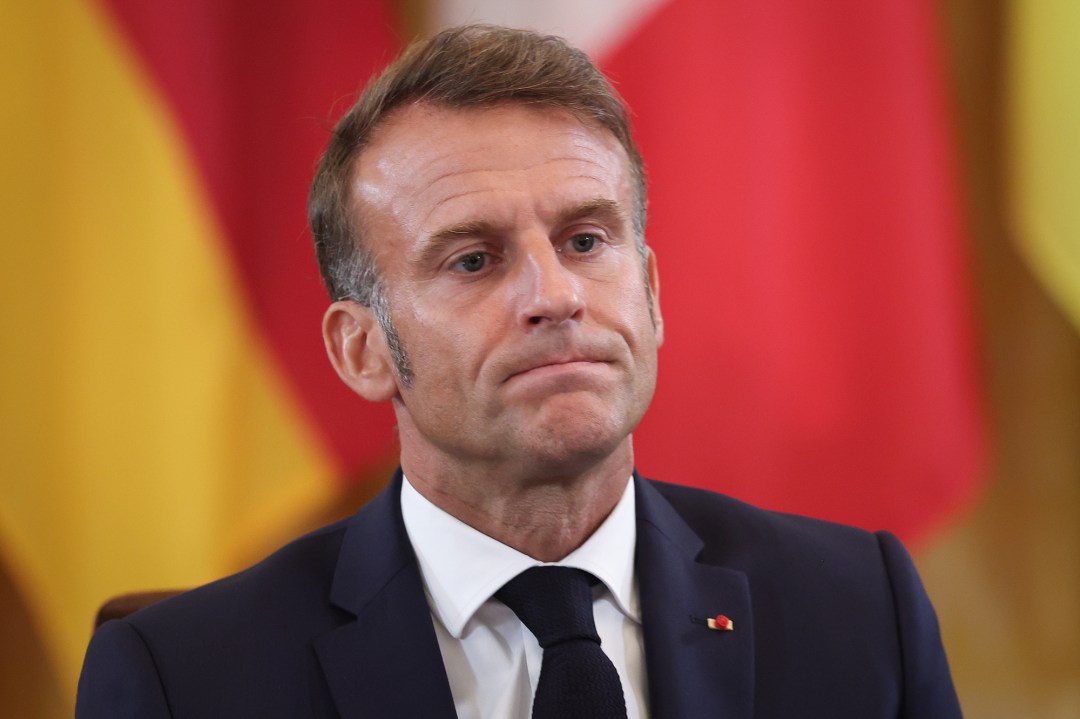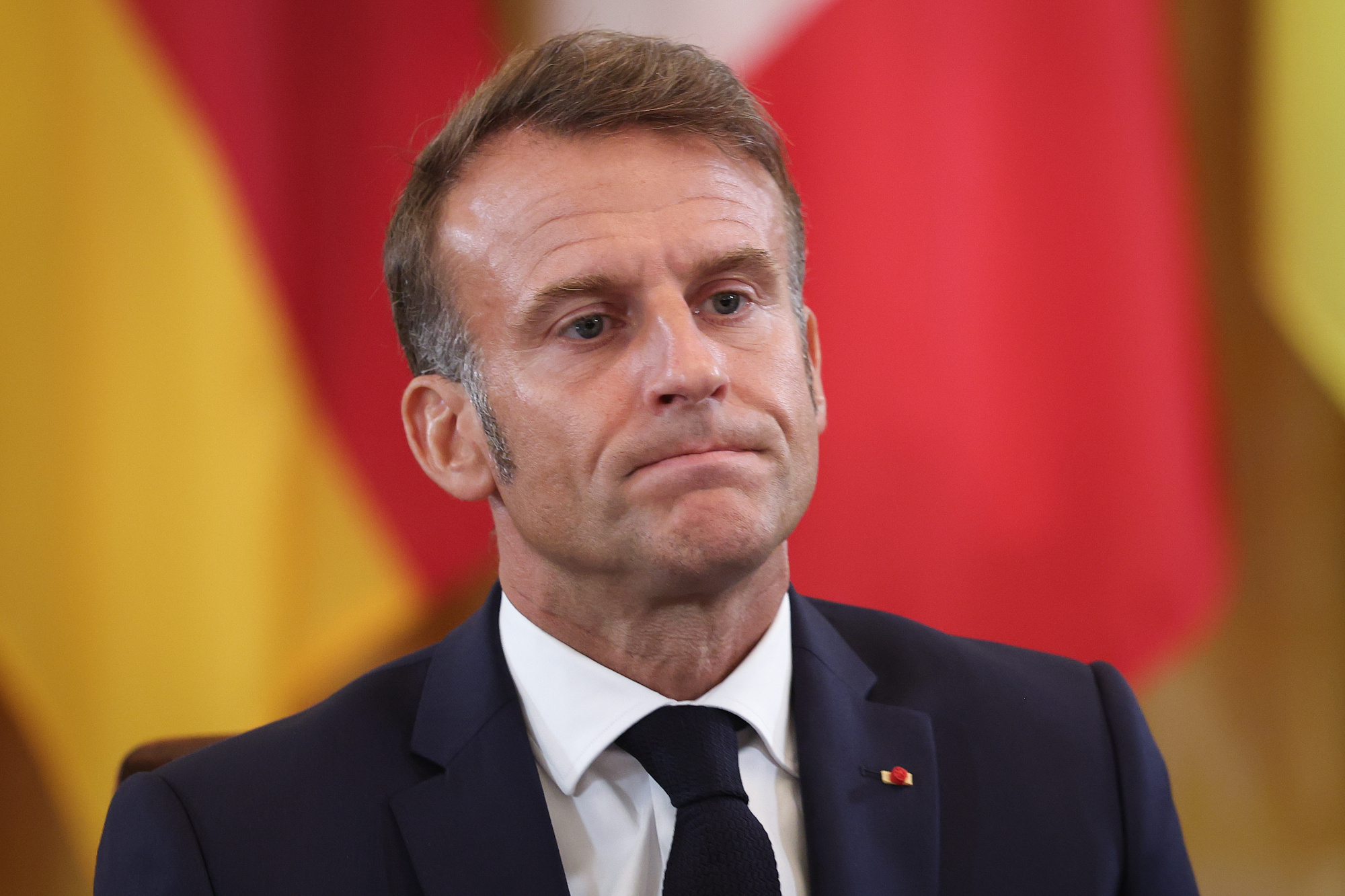Ministers are packing up their offices. Emmanuel Macron’s government, desperate to shift the narrative and rally support ahead of its confidence vote on 8 September, is now blaming baby boomers for the financial crisis. Prime minister Bayrou is reframing the crisis as the result of decades of policies favouring older voters: generous pensions, protected benefits, early retirement – all funded at enormous cost to younger generations.
Bayrou is desperate to shift attention away from his government on the brink and onto a generational blame game for France’s slowing, debt-burdened economy
In an appearance on TF1’s main news bulletin on Wednesday night, Bayrou accused the post-war generation of driving the country into its debt spiral, saying that borrowing had been piled up ‘for the comfort of certain political parties and for the comfort of the boomers’, and warning that ‘the youngest French will have to pay the debt their whole lives’.
It was part fiscal morality tale, part political diversion. With the government heading towards almost certain defeat, Bayrou is desperate to shift attention away from his government on the brink and onto a generational blame game for France’s slowing, debt-burdened economy.
The crisis began on Monday, when Bayrou announced that the government would put its survival to a vote. The decision came from Macron himself. The aim was to regain control of events: the Bloquons tout general strike on 10 September threatens to paralyse the country, and the opposition was preparing a no-confidence motion to capitalise on the unrest. Macron calculated that by forcing a vote first, he could seize the initiative, daring opponents to topple the government while warning markets of the chaos that would follow.
But the execution undermined the strategy. Bayrou didn’t consult the leaders of the main parties before announcing the plan, later offering the weak explanation that ‘most were on holiday’. That made both Bayrou and Macron himself look detached from political reality. Within minutes, Marine Le Pen’s National Rally, Jean-Luc Mélenchon’s France Insoumise, and the Socialist party all announced they’d vote against the government.
What was meant to project strength has instead exposed Macron’s isolation. The Élysée had hoped to box its opponents into abstaining, fearing the political fallout from destabilising the government given the country’s economic fragility. Instead, Macron’s gamble has achieved the opposite, uniting parties that rarely agree on anything around one thing: bringing his government down.
By framing the debt crisis as generational injustice, Bayrou is trying to move the debate onto something the government can defend – structural deficits, unsustainable borrowing, and the burden on younger taxpayers. It’s a high-risk tactic. The boomers are a powerful voting bloc, courted by governments of all stripes for decades. Casting them as the villains of France’s economic malaise alienates an electorate Macron cannot afford to lose. Worse, it looks like desperation from a government losing control.
On Thursday, under pressure, Bayrou tried to walk back his comments. Speaking to journalists, he insisted he’d been misunderstood, while doubling down on the underlying message: that older generations, as ‘parents and grandparents’, bear a moral duty to help resolve the debt burden rather than leave it to the young. Perhaps realising the damage he’s done, he’s shifting his narrative from who’s to blame, to who should help. Nevertheless, clips of Bayrou have gone viral on social media, where he clearly frames the boomers’ comfort at the expense of younger generations.
The Élysée is in damage-control mode. Bayrou has said he is ‘open to all necessary negotiations’ over the budget. He’s holding talks with centrists and moderate Socialists, hoping to persuade some to abstain rather than vote against the government.
France faces a €44 billion fiscal gap, rising borrowing costs, and investor unease. Billions have been wiped off the value of French bank shares, bond yields are climbing, and markets are beginning to price in instability. The Bloquons tout strike on 10 September is going ahead regardless of whether the government falls or not, with shutdowns planned across transport, schools, and energy.
The far left is on the war path. Relishing the chaos, Jean Luc Mélenchon is pushing ahead with his motion to remove Macron. While it looks increasingly likely Macron’s government will fall, the president is for the moment expected to survive a motion to impeach him. The bar for impeachment is higher than for removing his government, requiring a complex process involving both houses of parliament. But Macron has been weakened. He is retreating into foreign policy and refocusing on the war in Ukraine. Under the French constitution even if his government falls, the president continues to manage foreign policy and the military.
Bayrou’s decision to blame baby boomers for France’s debt crisis was a calculated political move which backfired. Designed to shift attention from his government on the brink, Bayrou reframed the financial crisis as the result of decades of policies favouring older voters. The government alienated a powerful electoral bloc that Macron cannot afford to lose. It’s also invited awkward questions about why successive Macron governments have gone along with this. By blaming the boomers, Bayrou is desperately trying to hang onto office, but his strategy is at Macron’s expense.









Comments